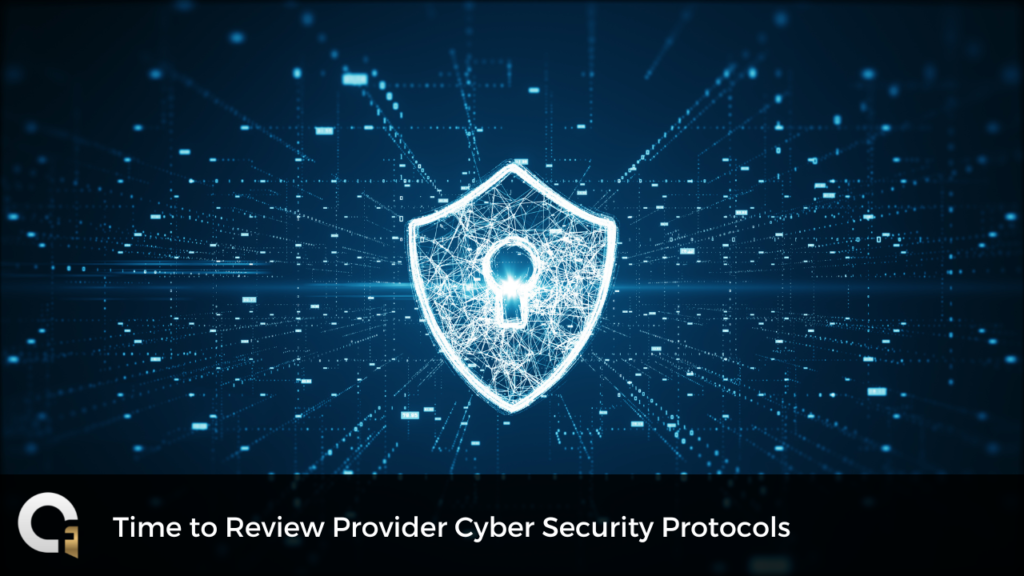Why Employers Need to Worry About Their Benefit Providers' Cybersecurity Procedures
Written by: Garrett Anderson
In today’s digital age, cybersecurity has become a top priority for businesses of all sizes. This is particularly true for employers who offer employee benefits, as they handle sensitive personal and financial information. Employers must be vigilant in choosing benefit providers who prioritize cybersecurity to protect their employees’ data. But why is this so important?
The Importance of Cybersecurity for Benefit Providers
Benefit providers are responsible for handling sensitive employee data, such as Social Security numbers, health information, and financial data. This makes them a prime target for cybercriminals who seek to steal this information for financial gain or identity theft. A data breach can be costly for both the benefit provider and the employer, resulting in legal fees, reputational damage, and potential fines.
According to a report by IBM, the average cost of a data breach in the United States is $8.64 million, with an average cost of $242 per stolen record. This highlights the importance of cybersecurity for benefit providers, as a breach can have severe financial consequences.
Why Employers Should Worry About Benefit Providers' Cybersecurity Procedures
Employers have a responsibility to protect their employees’ sensitive information, and that includes ensuring that their benefit providers have robust cybersecurity procedures in place. A breach at a benefit provider can have serious consequences for both the provider and the employer, and can also erode employees’ trust in their employer.
As stated by Brian Kropp, Group Vice President of Gartner, “Employers need to hold their benefits providers accountable for cybersecurity. There is too much at stake for companies and their employees to risk data breaches or cyber attacks.”
Employers should make sure that their benefit providers have robust cybersecurity measures in place, such as data encryption, firewalls, and regular security audits. They should also ensure that their providers have a clear incident response plan in place in case of a data breach.
Conclusion
Employers have a responsibility to protect their employees’ sensitive information, including their data held by benefit providers. Cybersecurity is a critical aspect of this responsibility, and employers must ensure that their benefit providers have robust cybersecurity procedures in place to protect their employees’ data. As Brian Kropp stated, “Employers need to hold their benefits providers accountable for cybersecurity.” By prioritizing cybersecurity, employers can protect their employees’ data, maintain their reputation, and avoid costly legal fees and fines associated with data breaches.

